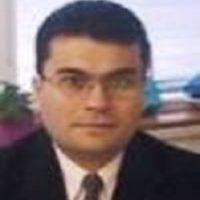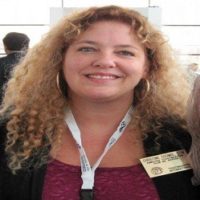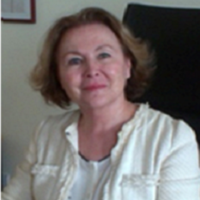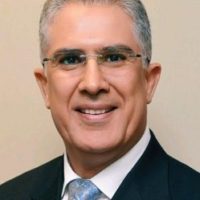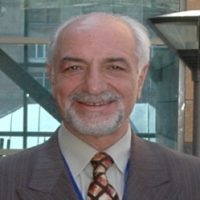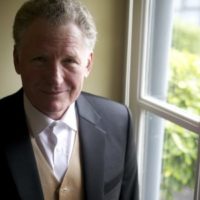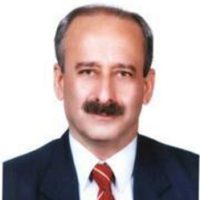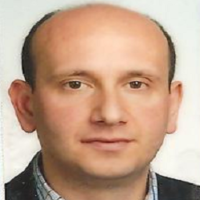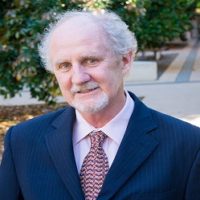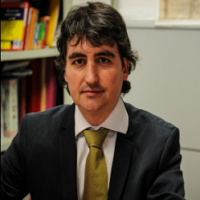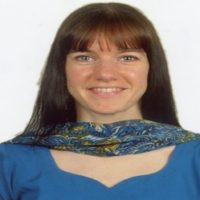
Reimara Valk
Reimara is a Human Resources and Global Mobility professionals with experience in the field of HR practice, education and research gained in multicultural, international work environments.
Reimara has been responsible for the development and delivery of Business Studies curricula at universities (including online, distant education institutes) in the Netherlands (HZ University of Applied Sciences), Iraq (American University of Iraq Sulaymaniyah), China (Shanghai Maritime Institute) and Malaysia (Curtin University Sarawak).
She has over 8 years of teaching and research experience in the field of HRM, Research Methods and Business & Sustainable Development.
Reimara has published her research in journals such as the International Journal of Human Resource Management, Human Resource Management and the Journal of Global Mobility. She has won several awards for journal articles and conference papers.
Reimara previously worked as an HR Adviser for an international organization in a post-merger/acquisition context in the Oil & Gas industry, thereby gaining expertise on the topics of employee engagement and wellbeing. Previously, Reimara has gained HR experience in profit and non-profit organizations in the Netherlands, the UK, and India.
Reimara earned her Ph.D. degree in HRM/Global Mobility from Utrecht University, the Netherlands; holds a Master of Science in Human Resource Studies from Tilburg University, the Netherlands; a Bachelor degree (2nd degree class) in Business Studies from Anglia Polytechnic University, the UK; and a baccalaureus in Hospitality Management from Saxion University of Applied Sciences. In January 2019, Reimara completed a Master course in HR Global Mobility at Erasmus University, the Netherlands.
The Global Mobility function: from tightrope walker performing a balancing act towards knowledge broker and linchpin
Efficient global expansion and growth are critical for today’s enterprises and hinges on how effectively organizations can move key individuals to international locations to help manage and run organizations’ geographically dispersed operations and who can work effectively across multiple geographical boundaries to support overall business goals and objectives. While global organizations are starting to recognize the value of Global Mobility in corporate growth planning, many fail to recognize the value their GM teams achieve for the business, or the challenges teams face on a daily basis.
To date, there is a dearth of academic research on the impact of these challenges on the Global Mobility (GM) function, more specifically, the transformation of the global mobility function into a strategic function.
The purpose of this paper is to provide insight into the factors that inhibit and help the Global Mobility function in its transformation from a tactical/transactional function into a strategic function.
The method of research is an exploratory, qualitative study using an interpretivist paradigm. This method is deemed appropriate because there is a lack of deep insight into the study phenomenon, the transformation of the global mobility function.
Non-probability sampling techniques were applied, resulting in a total sample of 27 Global Mobility specialists and various of their internal and external stakeholders with whom interviews were conducted between April and September 2018.
This paper contributes to the literature in two ways:
First, by integrating Human Resource Development (HRD) and Global Mobility literature the paper explored the characteristics of the roles of the Global Mobility function and the characteristics of Global Mobility specialists revealing that the lack of liaison and engagement with key stakeholders, lack of alignment between business strategy and global mobility strategy as well as lacking capabilities to be a strategic business partner and make a sound business case inhibit GM functions to transform into strategic functions.
Second, by presenting a ‘Global Mobility Specialists Competencies’ model, identifying the capabilities required to fulfill a business partner role required to transform GM into a strategic function.
Implications for practice are that with the right set of competencies and capabilities GM specialists and functions will be able to transform from tightrope walkers into knowledge-brokers and linchpins, providing knowledge and developing networks and relationships with the business to create a Global Mobility function that is agile, flexible, responsive and able to make transformation happen in ways that create sustainable value for the organization.



